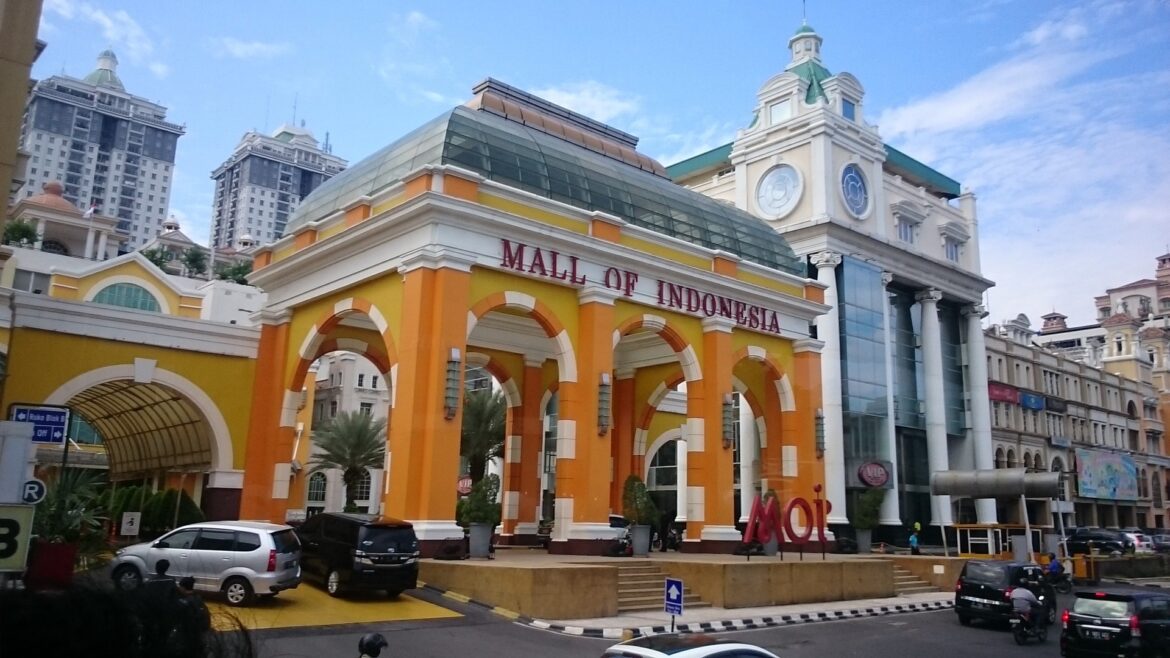The diversified country of Indonesia has a rich culture and a long history of trade. Shopping at these markets, known as “pasar” or local markets, may be an exciting and unforgettable experience. Here is a guide to shopping in Indonesia’s local markets.
Types of Local Markets
Indonesia has a wide variety of local markets, from the classic “pasar” to modern shopping malls. The most well-known ones are as follows:
Traditional Markets: Traditional marketplaces, often referred to as “pasar” in Indonesian, are typically found in the center of major cities and towns. They offer a range of products, such as fresh food, apparel, accessories, and trinkets. Ordinarily, traditional markets open in the morning and close in the late afternoon.
Night Markets: Night markets are only open at night, although they resemble typical marketplaces in other ways. They provide a distinctive shopping experience, which makes them popular with both locals and visitors.
Floating Markets: Vendors at these markets sell their wares from boats as they ply the rivers and canals where they are situated. Although they are more frequent in rural areas, floating markets are still well-liked by tourists.
Art Markets: Paintings, sculptures, and handicrafts are among the classic and contemporary works of art that are sold in art fairs. Due to the unique souvenirs they offer, these markets are very well-liked by tourists.
Shopping Malls: Indonesia is home to an increasing number of retail centres, particularly in the larger cities. These shopping centres provide a selection of shops, including multinational chains, eateries, and entertainment options.
Popular Markets in Indonesia:
The most well-known ones are as follows:
Pasar Baru: One of the city’s oldest markets is Pasar Baru, which is situated downtown Jakarta. It offers a range of products for sale, including apparel, textiles, and trinkets.
Mailoboro street: Malioboro Street is a well-known retail area in Yogyakarta that features a range of products, including batik, handicrafts, and street food.
Pasar Seni Ubud: Pasar Seni Ubud is an art market in Bali that offers a range of traditional and contemporary works of art, including handicrafts, sculptures, and paintings.
Pasar Beringharjo: Pasar Beringharjo is a traditional market in Yogyakarta that offers a range of products, including fresh vegetables, apparel, and souvenirs.
Tanah Abang Market: One of the biggest textile markets in Southeast Asia is Tanah Abang Market, which is located in Jakarta. It offers a range of textiles for sale, such as sarongs and batik.
In conclusion, Indonesian local markets provide a distinctive and thrilling shopping experience where guests can fully immerse themselves in the rich culture of the nation. In Indonesia, there are many different marketplaces to discover, ranging from traditional markets to art markets and commercial centers. Visitors should be ready to bargain, wear comfortable clothing, carry cash, and try the local food. Shopping in neighborhood markets can be enjoyable and memorable if you keep these suggestions in mind. So, the next time you visit Indonesia, don’t forget to check out the local markets and discover the treasures they have to offer.

